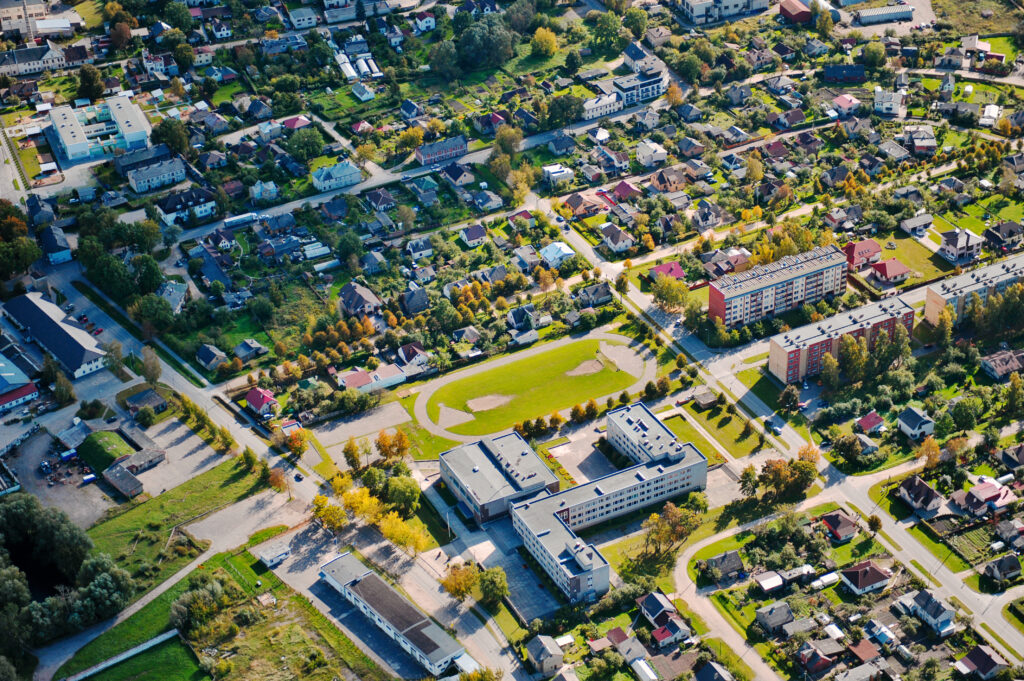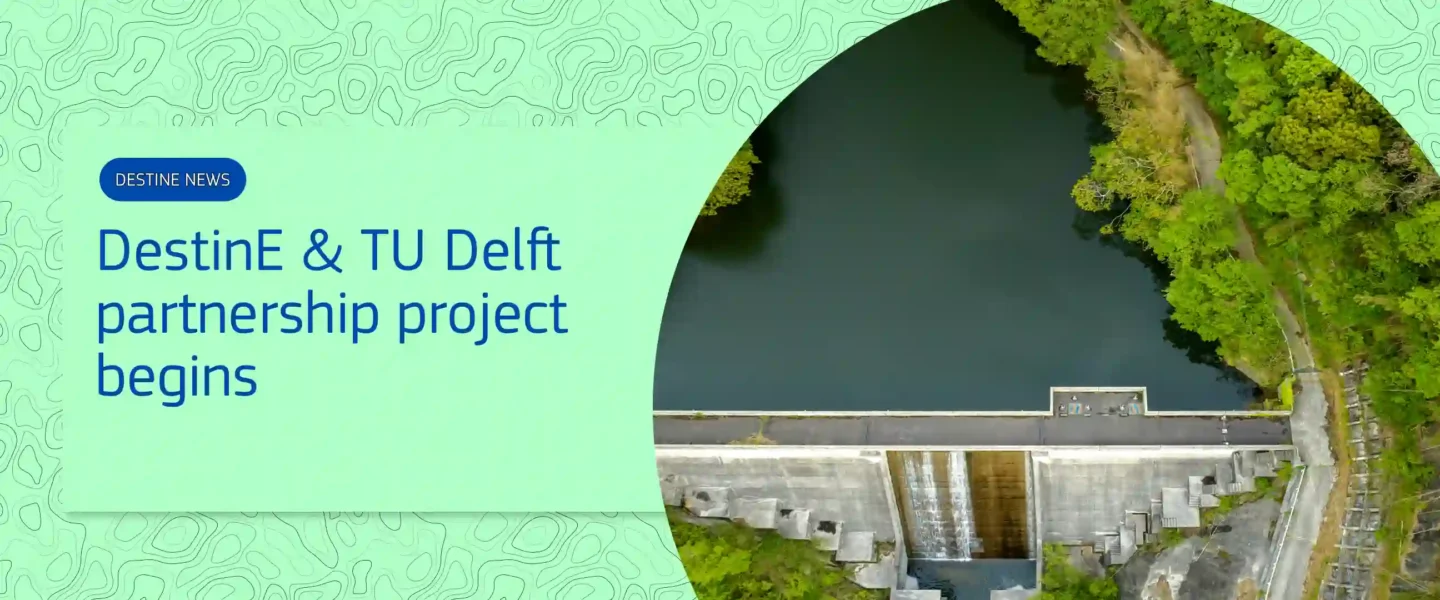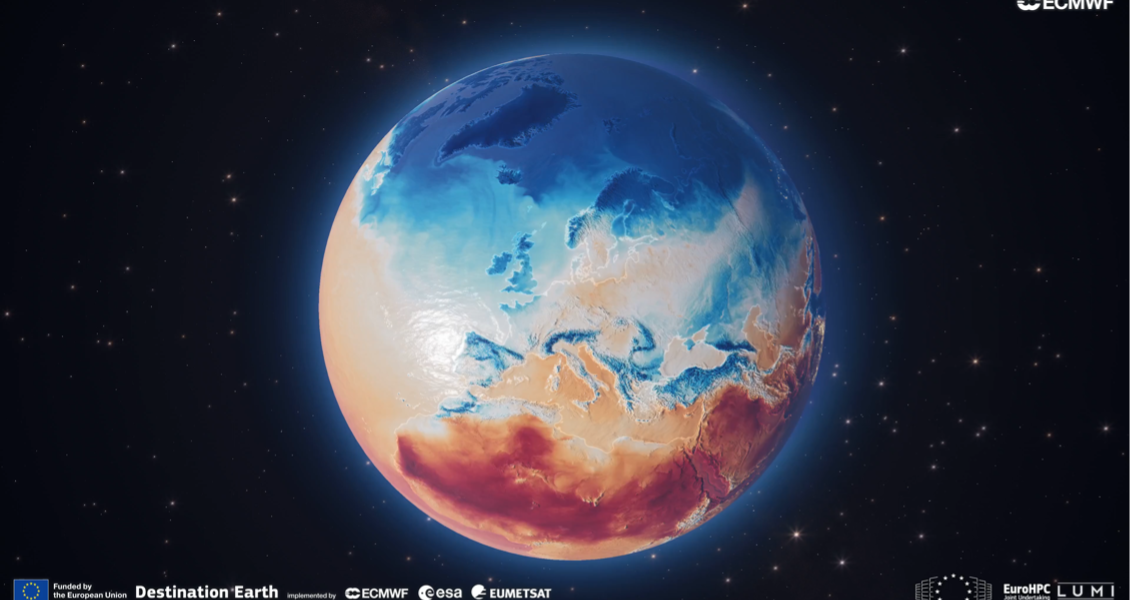Five pioneering use cases selected to validate the DESP – 2nd round in the first half of 2024
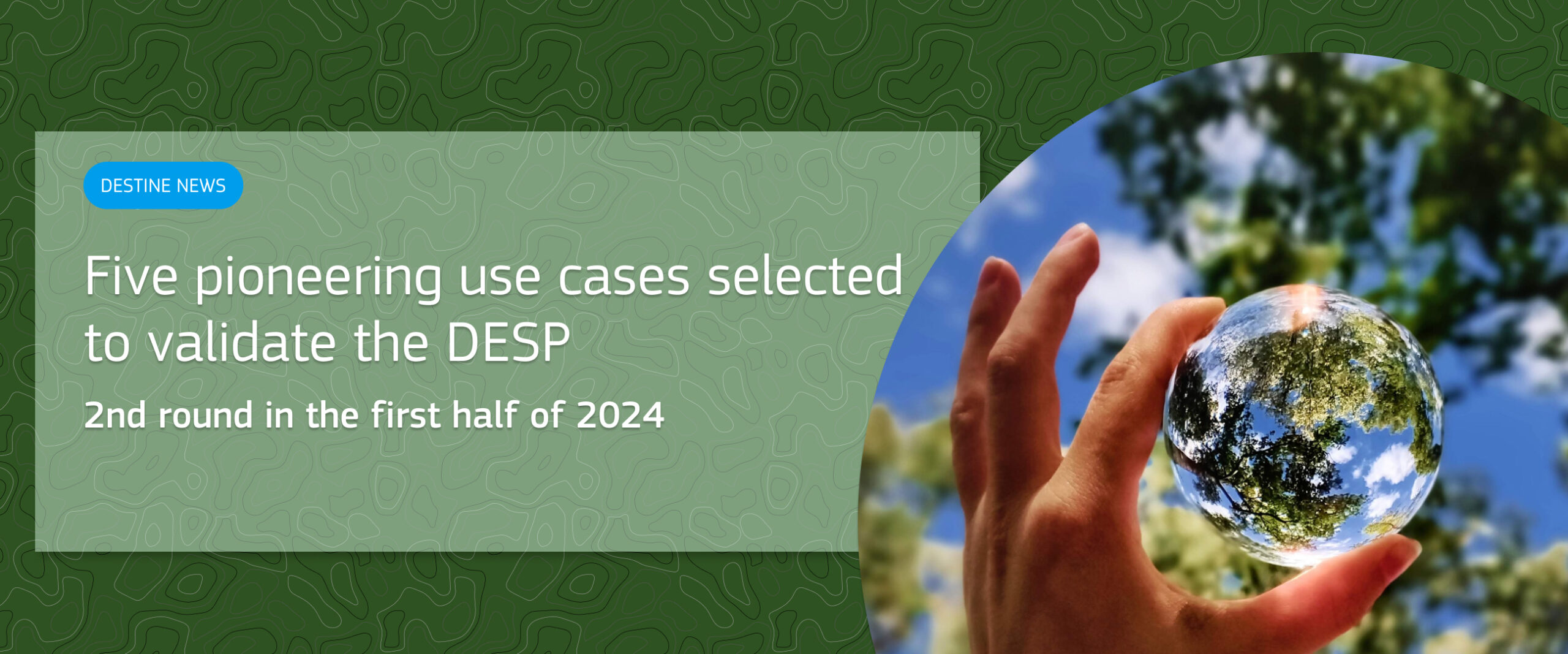
The European Space Agency (ESA) has completed the first round of procurement for the selection of five projects that will be “Use Cases” for the Destination Earth Core Service Platform (DESP).
The use cases were publicly announced at the 2nd Destination Earth User eXchange, which was held in Bonn, Germany on 13 and 14 November 2023. The selected projects officially kicked off in November 2023 and are planned to be operational until November 2024. This marks a critical and essential step in the gradual development of the DESP as it actively involves users in shaping its future.
The ESA DESP Use Cases project is coordinated by RHEA, the entity responsible for the procurement of the use cases and the consolidation of the users’ recommendations. The selection of the use cases has been supported by the University of Thessaloniki, in charge of the community management and the creation of Massive Open Online Courses (MOOCs). This round of procurement is primarily focused on the validation of the DESP. Although DestinE use cases are procured separately by each of the implementing entities (ECMWF, ESA and EUMETSAT), the selection process involves the assessment by all implementing entities to ensure the uniqueness of use cases across the whole DestinE initiative.
“We are excited to start this journey with these five exceptional projects that have been meticulously chosen to develop the pioneering Use Cases for the DESP. The major goal is to highlight the added value of DestinE and maximise the usage of DESP, as well as to emphasise how this effort is enhancing the state of the art” said ESA DESP Use Cases Project Coordinator Antonio Romeo (RHEA).
ESA’s first batch of DestinE use cases
Use cases will be applied across a wide range of application domains, including natural resource management, fisheries, and the polar region monitoring. In practice, use cases will develop software applications that use data and services from DestinE. The purpose is to create predictions that can be used in those different domains and that can support climate change adaption policies at various levels. The selected use cases are the following:
Global Fish Tracking System (GFTS) – Analysing joint fish tracking reconstructions
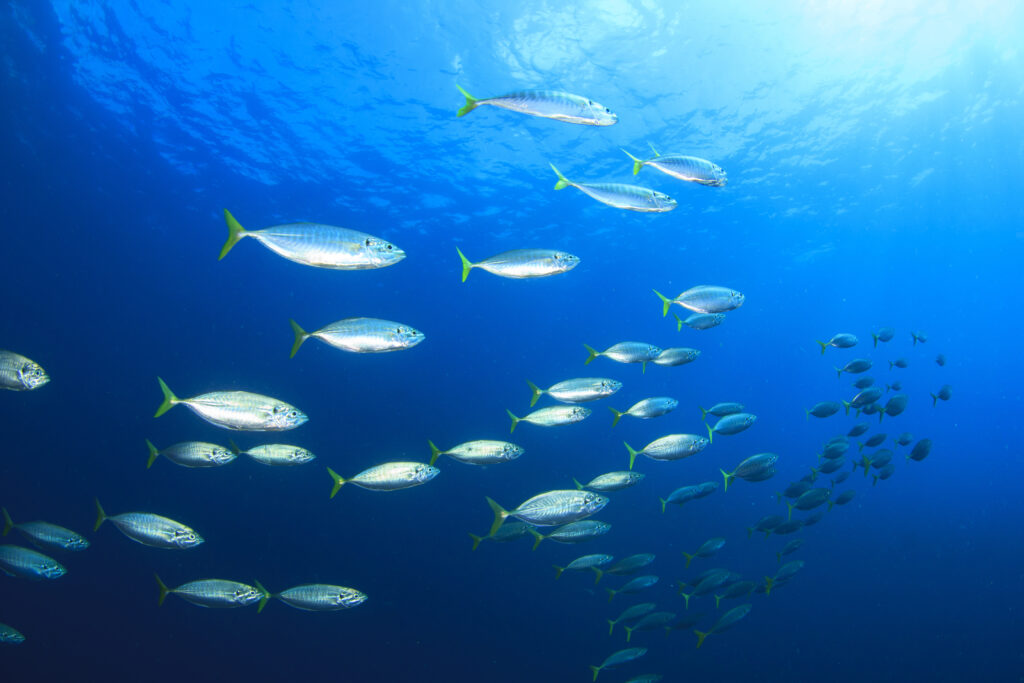
The goal of this use case is to create a Global Fish Tracking System that will predict fish population movement, employing cutting-edge modelling approaches mixed with large-scale cloud computing. The ultimate goal is to create specialised decision-support tools for analysing joint fish tracking reconstructions.
The project consortium is led by Development SEED, an engineering and product business with over 20 years of experience working with Earth data, together with the French Research Institute for Exploitation of the Sea (Ifremer) and Simula, a Norwegian research laboratory that conducts high-quality information and communication research.
UrbanSquare – Assessing environmental hazards in urban settings
This use case focuses on assessing and measuring long-term environmental risks in urban areas, specifically considering the impact of climate change over time rather than immediate emergencies. Leveraging DESP functionalities, the team brings robust technical assets in the form of operational software modules deployable on the DESP.
This consortium is led by Murmuration, a Toulouse based company specializing in quantifying the environmental impact of tourism through global-scale satellite Earth observation data. The consortium includes SISTEMA, an Austrian company specialising in geospatial data services; Mozaika, a Bulgarian SME and research centre focusing on data science, natural interfaces, knowledge management, and human behaviours; and Imperative Space, an Italy and UK-based company specialising in communication media, education tech, and innovation within the space sector, providing crucial support for communication and user engagement.
CITYNEXUS – A novel urban digital twin application
This use case aims to assess baseline conditions for human mobility and related KPIs, facilitating interactive evaluations of the impact of infrastructural and regulatory changes through “what-if” scenario simulations. This tool, essential for data-driven urban planning, will align closely with mobility-related policy considerations, promoting sustainable urban development.
This consortium is led by Solenix, a company with branches in Germany, Italy and Switzerland, offering intersectional services and with notable expertise in AI for operational support and Earth observation partnering with MindEarth, a consultancy and applied research company, with strong expertise in Earth observation data that specialises in developing 3D/4D urban digital twins, offering decision-making support tools for urban assets.
Destination Renewable Energy (DRE) – Developing a hybrid renewable energy forecasting system
The project aims at creating the Hybrid Renewable Energy Forecasting (HYREF) software to digitise solar and wind energy systems for simulation and projection. Solar and wind models will be created, utilising various data sources integrating DESP data, Digital Twin data, and Data Lakes data for assimilation, calibrating outputs based on user infrastructure.
This use case will be implemented by BEYOND Center of Excellence/National Observatory of Athens (NOA, lead), ENORA Innovation, a Greek SME that focuses on development of innovative technology products and services; Weather and Marine Technologies (WIMET) a group of atmospheric and marine scientists; and Quest Energy, a Greek company active in the sector of renewable energy sources.
DestinE Sea Ice Decision Enhancement (DESIDE) – Advancing Polar Navigation
This use case will show how DestinE can assist ships in navigating through or avoiding sea ice. The organisation involved has experience in providing planning support for ship operators adhering to the information requirements of the International Maritime Organisation (IMO) polar code, as well as providing strategic policy support for organisations and policy analysts evaluating the impact of climate change on polar operations decisions.
Polar View, a global leader in operational, satellite-based monitoring of polar regions and the cryosphere, spearheads this consortium. Collaborating partners include EOX, DRIFT+NOISE, the Norwegian Meteorological Institute, the Danish Meteorological Institute and the Finnish Meteorological Institute.
Why use cases are crucial for the development of DestinE
The uniqueness of ESA DESP use cases lies in their potential to comprehensively test the entire DestinE system, as the platform serves as the only entry point for users to access data, inner services, collaborative features, visualization capabilities, and test connections with the data lake and digital twins. However, use cases will also be key to not only building a DestinE community but also maintaining active engagement within it. Additionally, the established communities from the use case consortia present a significant benefit, as they will be introduced to DESP and have the potential to integrate into the broader DestinE community.
ESA Scientist Claudia Vitolo, who is the Technical Officer overseeing DESP use cases procurement, emphasised the significance of this opportunity: “This procurement is a great chance for users to become the pioneers of DestinE: science and industry representatives will be the first with access to the data and services of the platform through a priority route, before the platform opens to the public. This ensures that DestinE will be better prepared for the demands of future users. It also positions them at the forefront of technological advancement and innovation, providing them with a competitive edge””.
Embracing an innovative co-design approach, the use cases not only validate the platform but also aim to deliver compelling applications for the community. The overarching goal is to empower users with practical and impactful solutions, ensuring DestinE remains at the cutting edge of technology and innovation.
Next procurement round under development and next steps
The ESA DESP Use Cases project is expected to run a second round of procurement for use cases in the first half of 2024. This procurement will be announced in the procurement section of the DestinE website.
Over the upcoming months, the chosen consortia will dive into an intensive testing phase, delving into the capacities and functionalities of the DESP, and by extension, the Data Lake and Digital Twin Engine and first DestinE Digital Twins.
Join the DestinE community to receive updates as soon as the procurement is published

